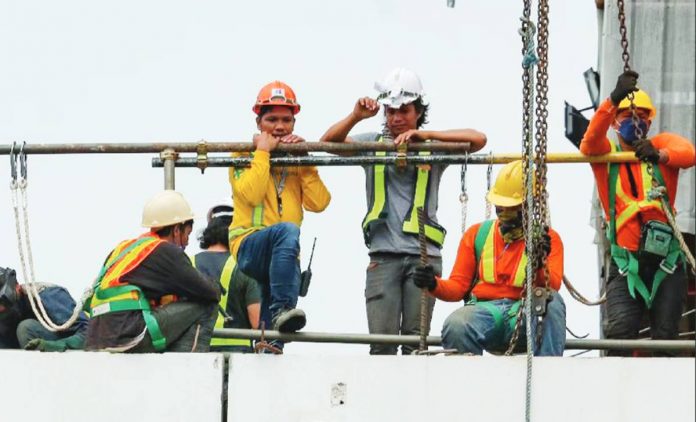
FINANCE secretary Benjamin Dioko said the Philippines is committed to reverse the “underinvestment” in infrastructure as part of its growth strategy.
Under the government’s Medium-Term Infrastructure Program, it aims to sustain infrastructure spending at 5 to 6 percent of gross domestic product (GDP) annually and program between $20 billion and $40 billion per year through 2028 to infrastructure spending, the Department of Finance (DOF) said.
“Infrastructure spending is front and center of our growth strategy. We are committed to reverse the decades-long underinvestment in infrastructure: from 2001 to 2015, average infrastructure spending was only at 2 percent of GDP,” Diokno said during an economic briefing in the US held on the sidelines of the World Bank-International Monetary Fund Spring Meetings.
The government will sustain high infrastructure investment in the next six years through public-private partnerships (PPPs), which will enhance energy, logistics, transportation, telco and water infrastructure in the country, the DOF said.
Recently approved laws that liberalize foreign investments, such as the Public Service Act, Retail Trade Liberalization Act and the Foreign Investments Act, “have opened up key high-growth sectors to international participation,” Diokno said.
The renewable energy sector has also been opened up to full foreign ownership, the DOF said.
Meanwhile, the Corporate Recovery and Tax Incentives for Enterprises law offers “simpler and more efficient” fiscal incentives, the agency added.
World Bank Country Director for the Philippines Ndiamé Diop agreed that opening up key sectors to investments is significant for the Philippines.
“It has been recognized that in the context of Philippines, the speed, the scale, and the impact of the infrastructure push would be limited if you don’t open up very key sectors, infrastructure sectors, to all investment, all type of investment including foreign direct investment,” he said.
In closing, Diokno encouraged investors to do business in the Philippines. (ABS-CBN News)







